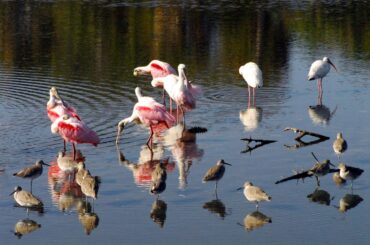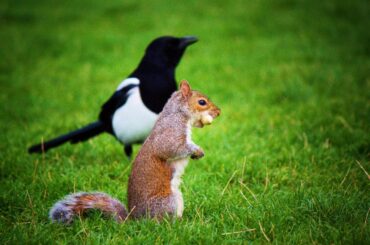Have you ever thought about what robins eat to stay alive in the winter? Want to know what robins do to stay alive in the winter? Do you want to know how robins manage to eat in the winter?

Understanding what robins eat in the winter is essential for their health and our ecosystem. To stay healthy and busy in the winter, robins must eat various foods. Their nutrition affects their vitality, bodily condition, and winter survival.
Robins eat almost anything that helps them stay healthy. They eat berries, vegetables, and other plants when there are few insects in the winter. Robins need these things to keep alive and spread seeds, which helps plants grow and get back on their feet in the spring.
Robins play an important role in the food chain. They stay alive as prey so that other birds and foxes can eat them.
Understanding and respecting how robins eat can help keep our world healthy and in balance, which can help these lively birds make it through hard times.
Robins and Their Seasonal Behavior
The American robin, or Turdus migratorius, is a well-known bird in North America. People know these robins by their orangish-red bellies and sweet songs. They are beautiful birds that move around with the seasons.
In parks and gardens, they build nests and raise their young in the spring and summer. As it gets colder, they move thousands of miles to warmer places.
Adapting to Changing Winter Conditions
Robins need help to get food in the winter. They like to eat worms and bugs in the summer. When these bugs are hard to find in the winter, robins must change what they eat. They eat the remaining nuts and fruits, like small fruit eaters in nature.
This adaptation gives them food and energy when their favorite bug feast isn’t around.
Challenges of Winter Food Finding
Winter makes it hard to find food. Robins must work harder to get food because insects hide and many plants aren’t harvesting. This hunt could be challenging if they need help finding enough berries or veggies to eat.
They are smart and do not give up. When they move, they look for tasty foods. When you see a robin hopping around your yard in the winter, remember that it is trying to find food to stay warm.
10 Foods for Robins in Cold Weather
When it’s cold and there’s snow on the ground, it can be hard for robins to find the food they need to stay healthy and warm. These smart birds have made a list of what they like eating most in the winter. Here are the top 10 foods robins like to eat during winter:
Pyracantha Berries
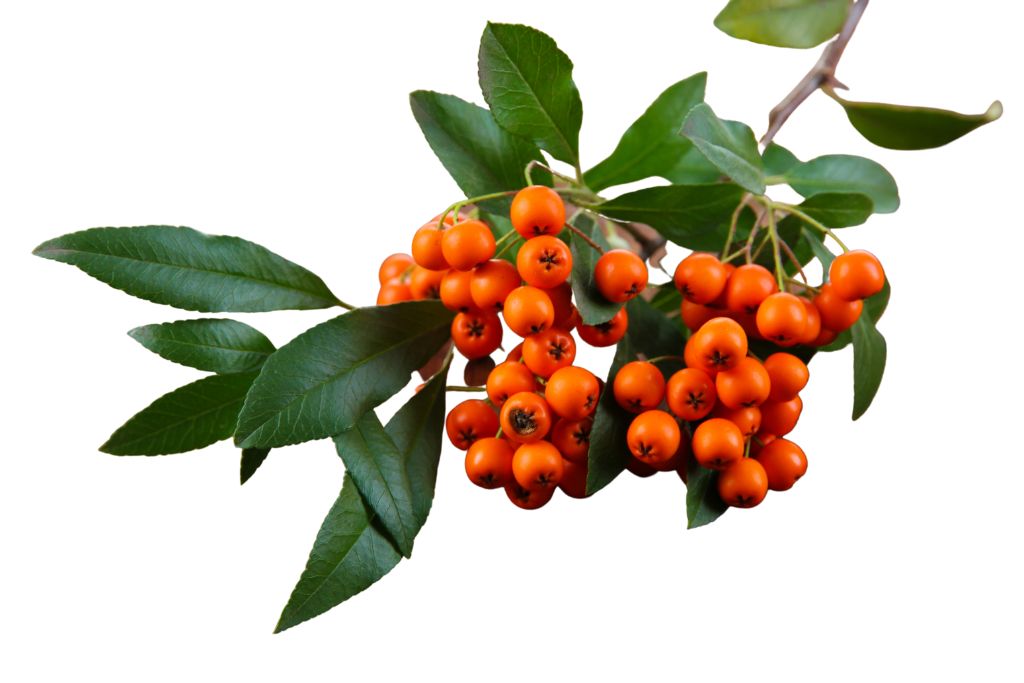
Robins use Pyracantha berries like little energy packs. The vitamins and nutrients in these bright red berries help robins stay healthy and strong during the winter. They look like a buffet for birds, and robins can find them on trees even when there isn’t much else to eat.
Juniper Berries
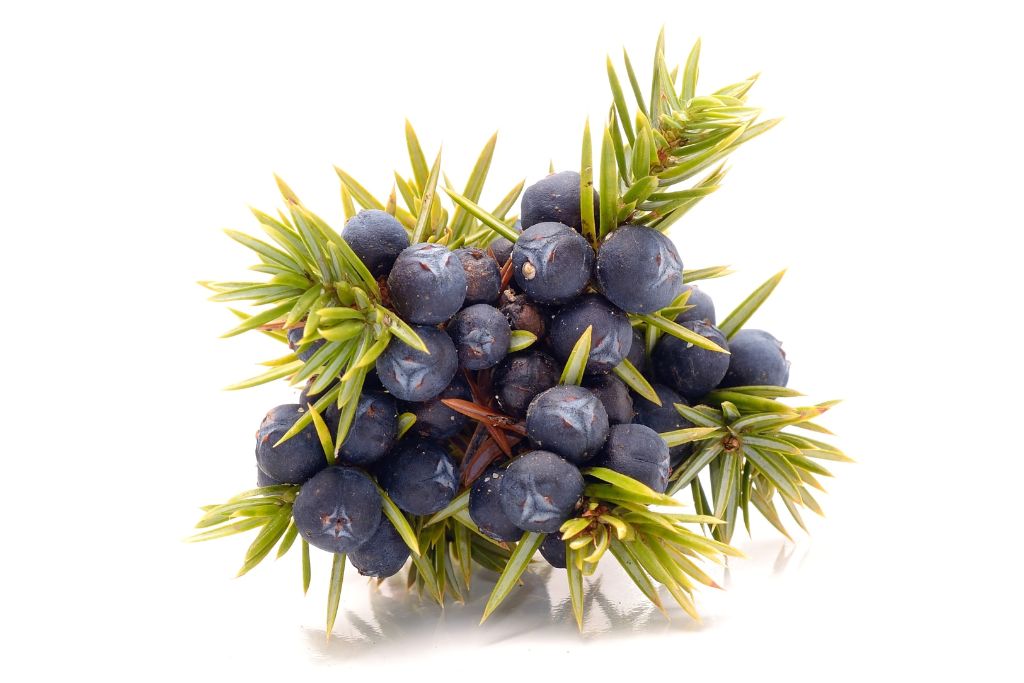
Even though juniper berries look small, they are significant to robins in the winter. When insects are hard to find, these tiny berries are like a treat for the birds. They give them important nutrients when insects are hard to find.
Juniper berries are like vitamins for birds, and when robins eat them, they get a boost of energy that helps them fly and keep warm.
Crabapples
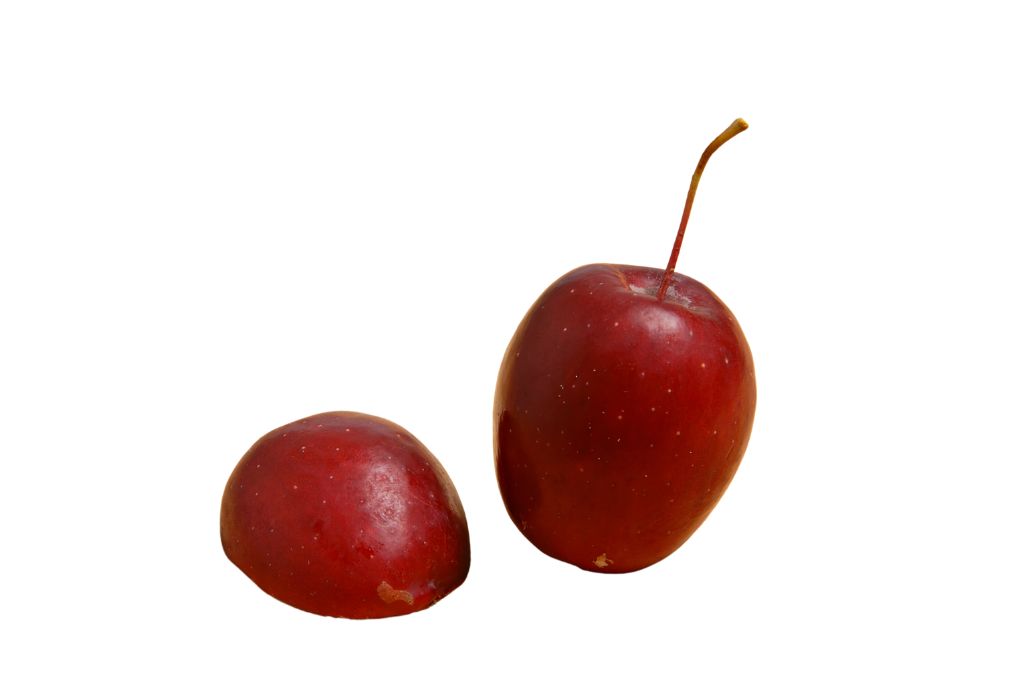
When winter makes other foods disappear, robins turn to crabapples to save the day. Even though these fruits aren’t as big as other apples, they’re just as important. Robins eat them like nature’s candy, and the tasty treat helps them get through the cold months.
Rose Hips
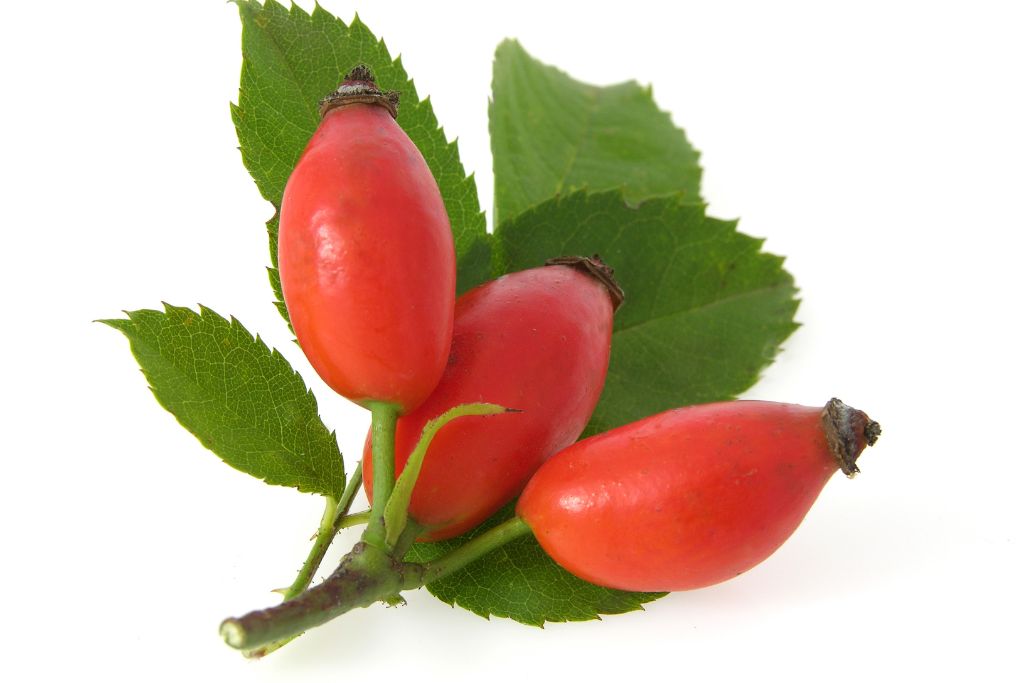
For a good reason, robins love rose hips. These round, reddish fruits contain vitamins and minerals that help robins stay healthy during the winter. When robins eat rose hips, they boost their immune systems to help them fight off colds.
Mountain Ash Berries

Mountain ash berries give robins a little boost of energy in the winter. Robins eat these bright orange berries because they are like little energy bites that help them stay strong and busy. When cold outside and other foods are hard to find, hungry robins can eat tasty and healthy mountain ash berries.
Winterberry Holly

Winterberry Holly makes robins feel like they are in a winter dream. Robins can’t avoid these red berries hanging from the bushes like holiday decorations. They’re like a natural spread for birds, giving robins tasty food that keeps them warm and happy even when cold outside.
Elderberries
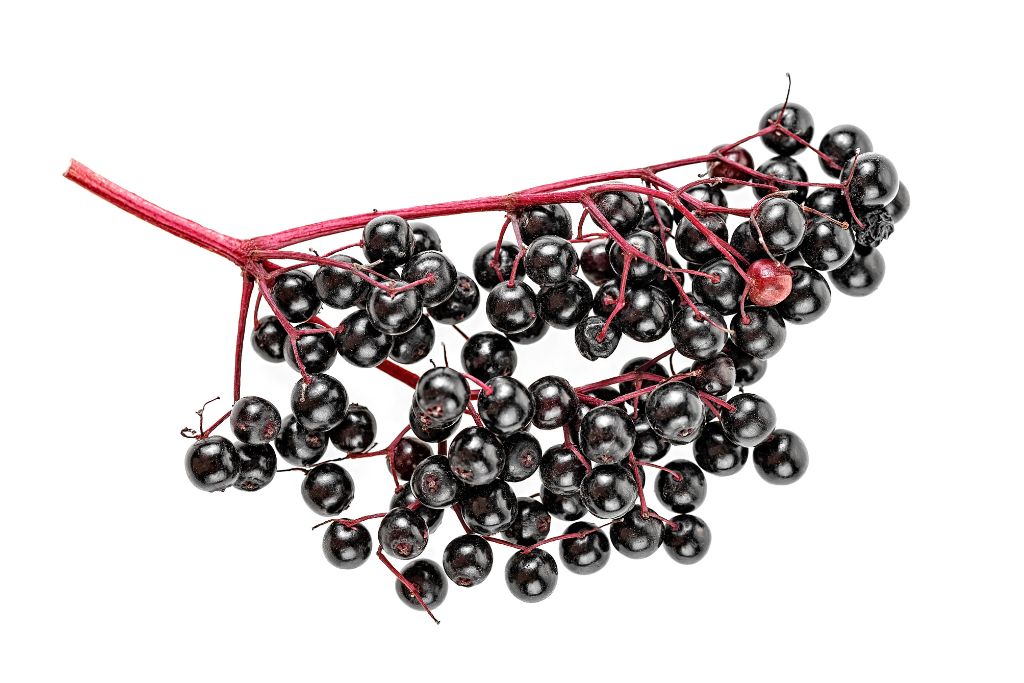
Robins like to eat elderberries in the winter. The vitamins and other nutrients in these small, dark berries keep robins healthy and full of energy. When insects go away for the winter, robins rely on elderberries to give them something tasty and healthy to eat.
Suet
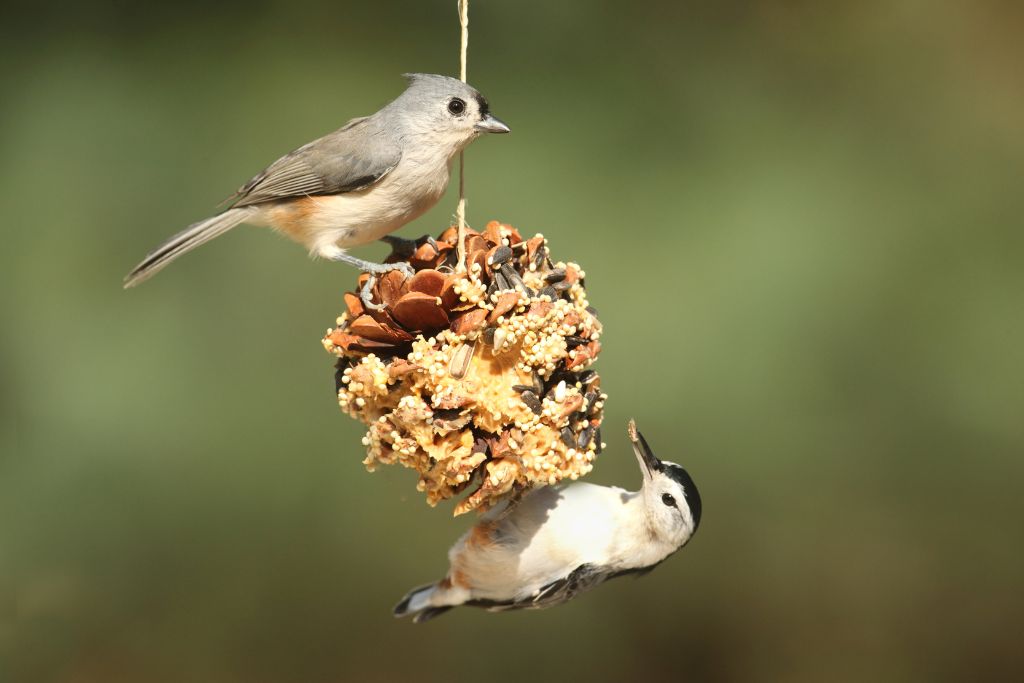
For robins, suet is like a superfood for birds in the winter. It’s like a high-energy snack that gives robins the boost they need to face the cold. It is like an energy bar for birds; when robins eat it, they get a big dose of calories that keep them warm and busy.
Dried Insects
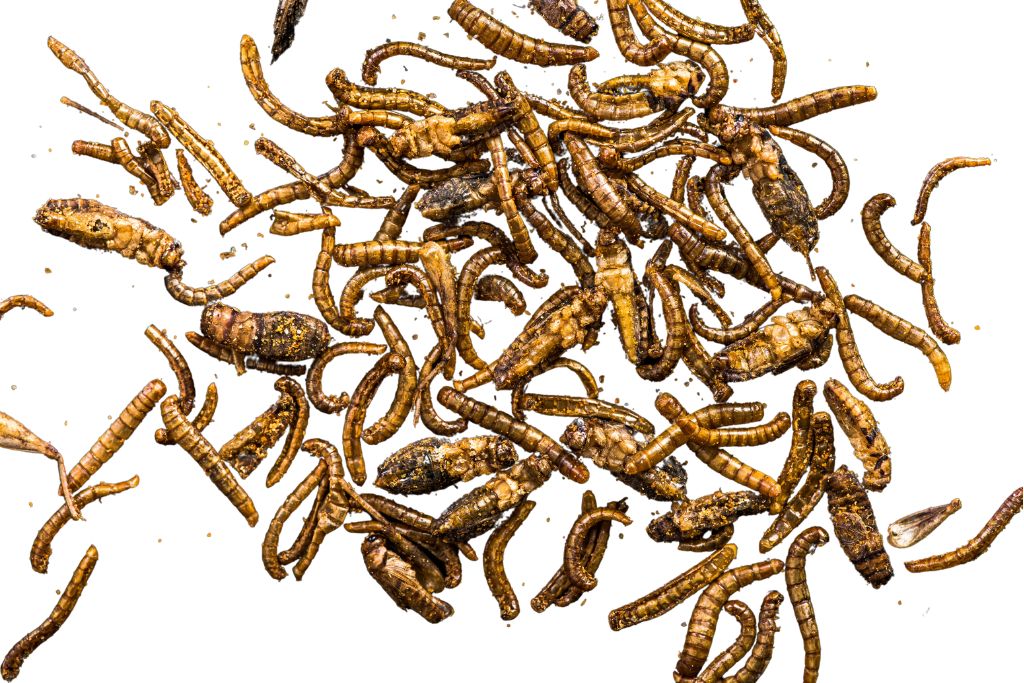
When it’s cold, and there aren’t any bugs around, robins eat dried insects. Even though these little snacks don’t move anymore, they still have the protein and calories that robins need. Dried insects are like a prize hunt for bugs in the winter, and robins are experts at finding them even if they are hidden.
Mealworms

Mealworms are like tiny protein bombs for robins. These wiggly treats help robins stay strong and healthy during the winter. It helps robins get the protein they need to keep their wings moving and their bodies warm when they can’t find other food.
Other Survival Strategies
As winter gets colder, robins use a variety of smart ways to stay warm and keep getting food. Let’s look at these survival strategies:
- Finding Shelter: Robins are smart enough to find hiding places, like thick bushes and evergreen trees. This is to keep them warm and safe from cold winds and snow.
- Fluffing Feathers: To keep warm, robins puff up their feathers, which trap air and work like a winter jacket.
- Conserving Energy: These birds are careful about how much energy they use. When it’s really cold, they move less and stay still, which lets them save energy for more critical jobs.
- Roosting Together: Sometimes, robins get together at night to share body heat, which makes their safe places even warmer.
- Mobility: If there isn’t enough food in one place, robins might move to another. This is one way they can adapt to changing conditions.
Human Intervention and Bird Feeders
Setting up bird feeders in your yard could make you a hero to robins during the winter. Feeders for birds should have things like chopped fruit, nuts, and mealworms. When their usual food sources are short, these treats help robins stay alive.
When robins and other birds come to your feeder in the winter, it can be fun and make you feel closer to nature. Fill your bird feeder to help robins turn your backyard into a winter wonderland.
Final Thoughts
Understanding what robins eat in the winter is important for their life and the environment’s health. By putting up bird feeders and making places where birds can live, we make the birds’ lives better. It can create an environment where every living thing is essential.
Be kind to robins and other birds during the winter. We can make a huge difference by creating bird boxes, growing plants that produce berries, and making safe places for animals. Together, we can keep these resilient robins in our gardens and keep our world healthy for everyone.
FAQs
What to Feed Robins in the Winter?
You can keep robins healthy during the winter by giving them nuts, chopped apples, mealworms, and suet.
What is the Best Food to Give Robins to Eat?
The best foods for robins in winter are mealworms, pyracantha berries, juniper berries, crabapples, rose hips, and juniper berries.
What Does a Robin Do in the Winter?
During the winter, robins change their habits. These are eating different foods, such as berries, puffing up their feathers to stay warm, and using less energy.
What Helps a Robin to Survive?
Robins find a place to live, fluff their feathers to keep warm, and look for food like berries and insects.
Why are Robins so Big in the Winter?
Robins look bigger in the winter because their feathers are fluffed up. This helps them stay warm and save heat.



